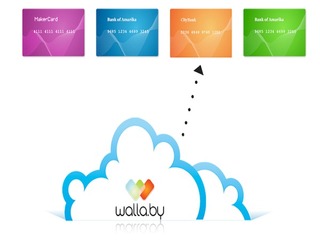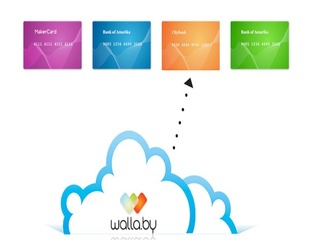Midi Health, a virtual care clinic for women's health, raises $60M
Midi is currently on track to serve about 100,000 patients this year, up from about 30,000 in 2023
Read more...
I am getting so sick of daily deals. I have signed up for so many of those website that more than half of my mail is people offering me stuff I don’t want. No, Groupon, I don’t want to get a pedicure. Or a massage. And please stop asking me if I want to go to Mexico. (Wow, I just realized that if Groupon was a person, it would be CREEPY!) All I want is to get discounts on stuff without being having to be bombarded with offers.
It seems like a lot of other people feel the same way, as a new kind of offer program is starting to become popular.
Edo interactive, which offers card-linked deals based on shopping history, announced that it has raised a $15 million Series C financing agreement Thursday.
The round was led by VantagePoint Capital Partners, with participation from Baird Venture Partners and edo’s other existing investors. This round brings edo’s total fundraising to $54.3 million.
The money raised will go toward targeting the local small and medium business (SMB) market through partnerships with merchant acquirers, mobile payment providers and media publishers. It will also use the money as a way to accelerate its platform.
"Payments and advertising are colliding; to stay competitive, banks must deliver value to cardholders that goes beyond the traditional realm of services, while advertisers are searching for solutions to drive customer acquisition, loyalty and return on marketing investment," said Ed Braswell, CEO of edo, said in a statement.
"This latest investment will help edo expand our market leadership position and scale our advertising content, merchant partnerships and growth within the highly competitive local business market."
The way edo’s business works is that offers automatically become available on a customer’s credit card, debit cards and mobile phones. For example, if a business wants to push its new product, it can offer a discount for customers who use a certain credit card. The customer will then have the amount discounted instantly refunded to their bank account.
In the last three months, Nashville-based edo has offered over 200 million offers, tailored to customers' shopping habits, through credit cards, debit cards and mobile devices. The company currently partners with over 140 banks, to reach 150 million cardholders. In addition, edo works with over 200 merchants, both local and nation, including Nordstrom, Target, Subway, Crate & Barrel and The Home Depot.
An emerging space
The card-based deal space seems to be heating up a bit lately, even as daily deal sites seem to be faltering.
What sets the card-based deal market apart is that, unlike websites such as Groupon, they do not require anything on the part of the consumer, other than using the deal. There are no check-ins needed, no mobile apps, and they don’t have to be printed out. Instead, the deals show up automatically, and can be used instantly.
Last week, Mastercard purchased card-based deal company Truaxis for an undisclosed amount, while Cartera Commerce, another card-linked marketing company which reaches 65 million U.S. consumers and 150 million worldwide, raised a $12.2 million Series D in June.
At the same, time the daily deal craze seems to be slowing down.
The biggest daily deal website, Groupon missed revenue estimates in its second-quarter-earnings report, earning $568 million in revenue, while expectations were for $578 million, causing shares to tumble. Over the last few quarters, Groupon customers have been spending less and less. The average Groupon customer in Q2 2012 spent $165, compared to $179 in Q1, $187 in Q4 2011, and $189 in Q3 2011.
But it seems that the daily deals themselves, which are the heart of Groupon’s business, have been slowing down. Groupon has had to rely more and more on its other businesses, particularly Groupon Goods, which accounted for more than half of Groupon’s Q2 direct revenue.
It seems that what people really want is to get their discounts without having to really do anything to get them.
(Image source: venturenashville.com)
Midi is currently on track to serve about 100,000 patients this year, up from about 30,000 in 2023
Read more...Wheel clinicians will be able to prescribe Owlet's BabySat, which monitors oxygen and heart rate
Read more...Amish Jani, Founder and Partner at FirstMark, joined the company's Board of Directors
Read more...


